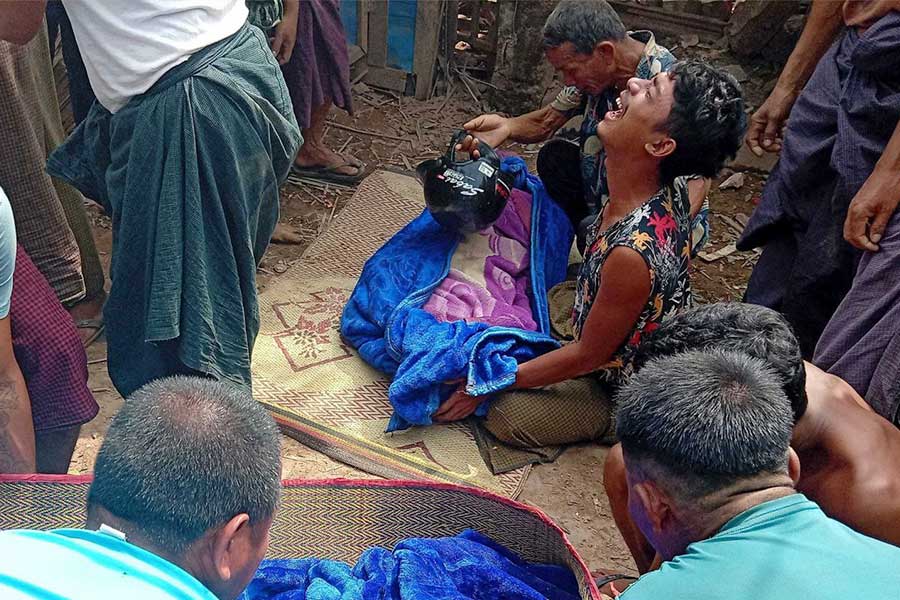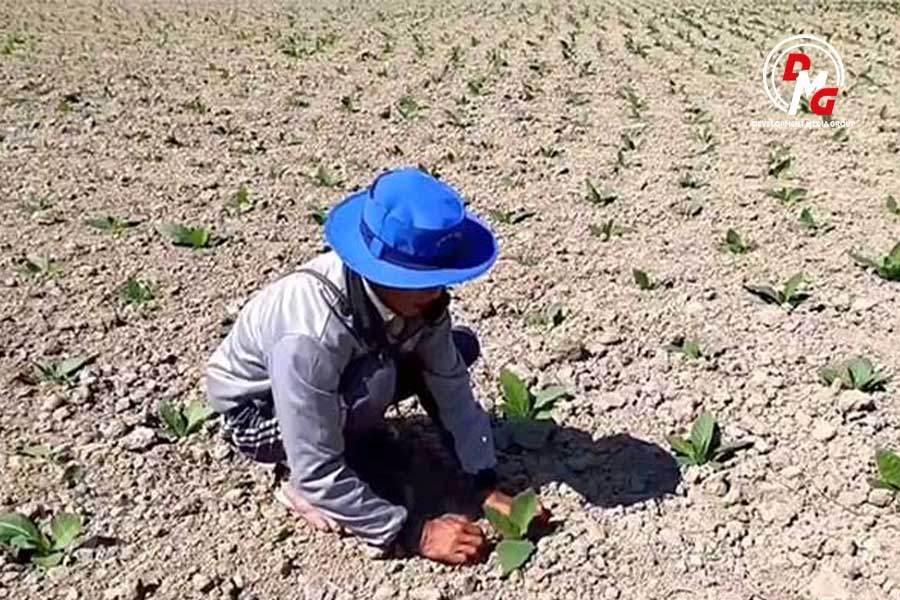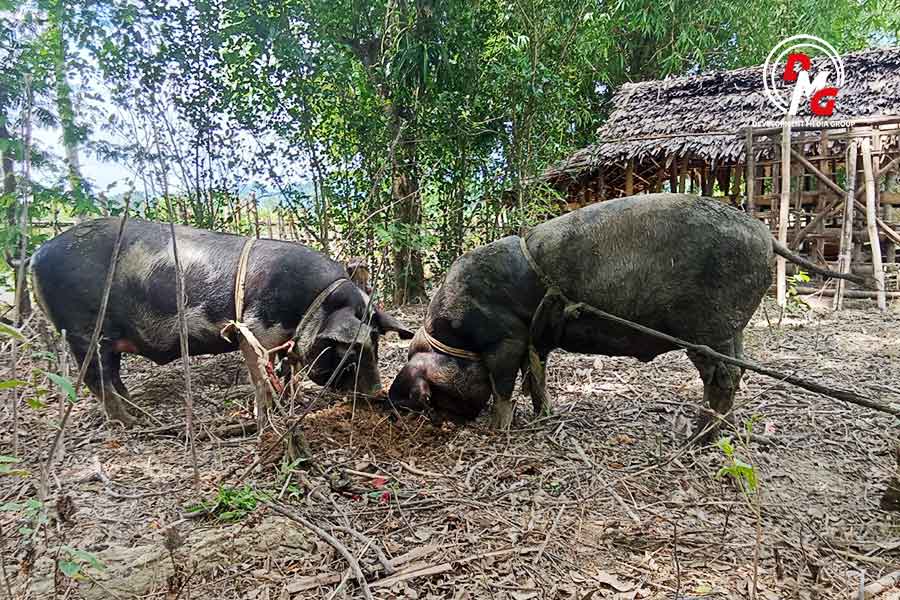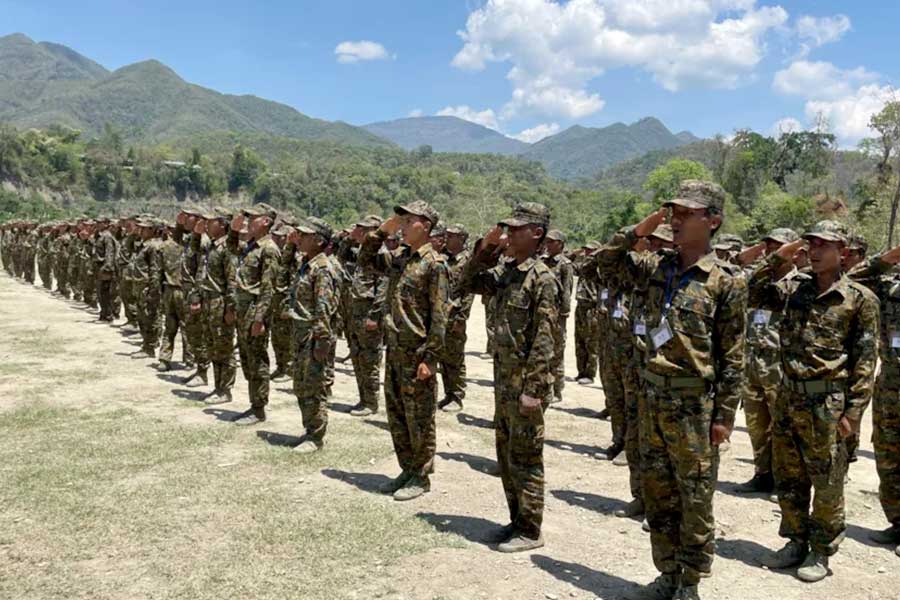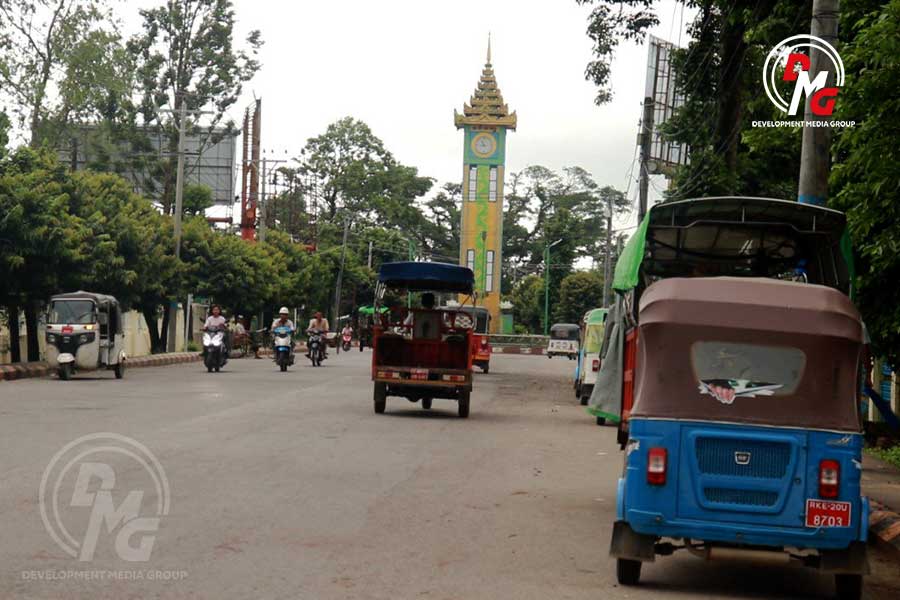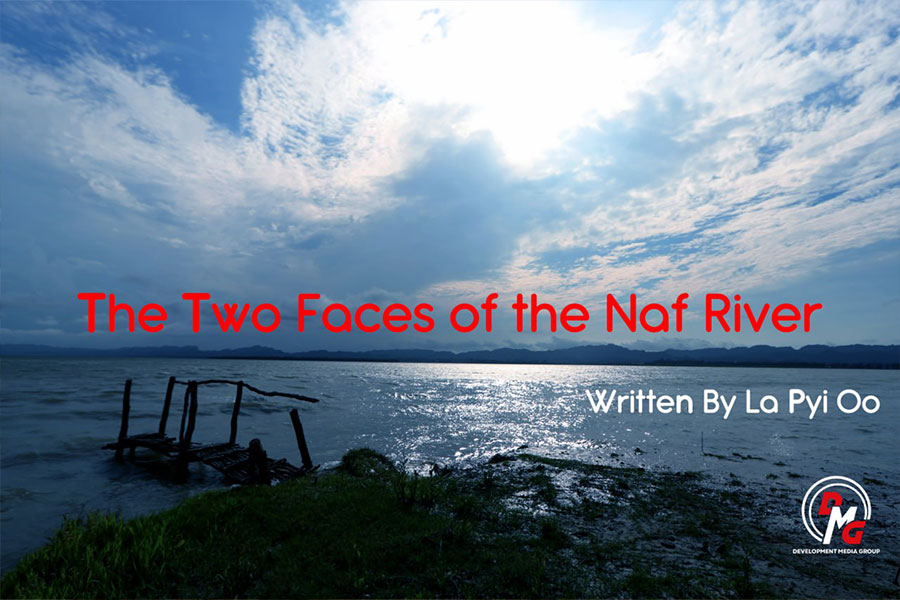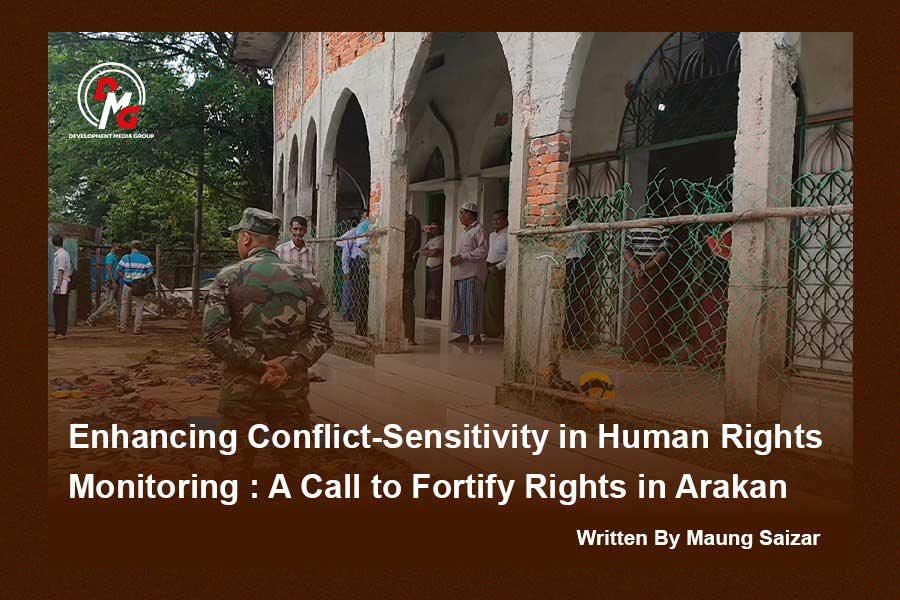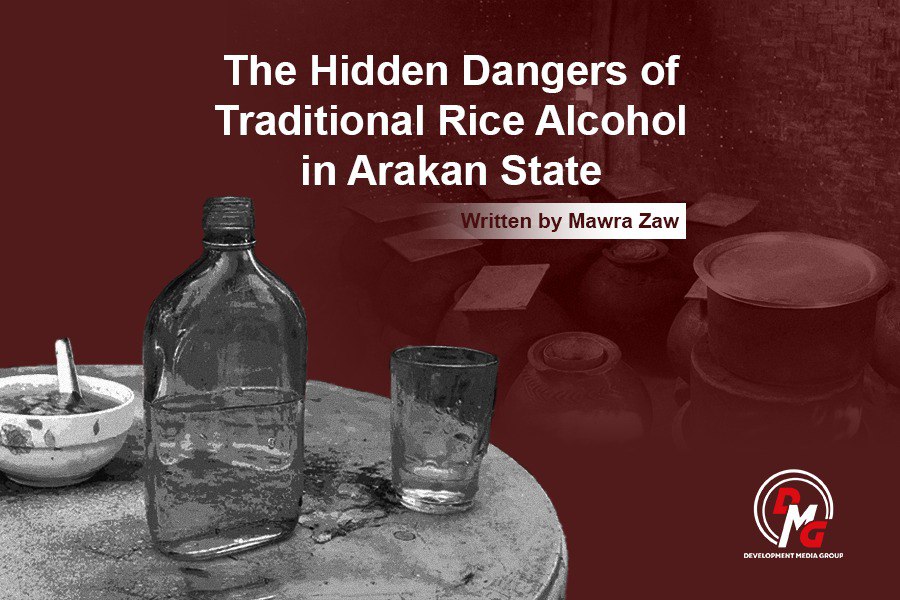- Fighting escalates between Myanmar military, Arakan Army in Ayeyarwady Region
- Regime steps up civilian arrests in Sittwe
- ULA safeguards Mrauk-U's ancient heritage
- Arakan on the Edge: What the DMG Landmine Impact Report Reveals About Myanmar's Deepening Humanitarian Crisis
- RNP chair U Ba Shein pledges renovation of Manaung Airport, solar plant
Over 4,500 fishing boats registered along Arakan coast: Fisheries Department
There are more than 4,500 registered inshore and offshore fishing vessels operating along the coast of Arakan State, according to the state’s Department of Fisheries.
06 Jan 2022

DMG Newsroom
6 January 2022, Sittwe
There are more than 4,500 registered inshore and offshore fishing vessels operating along the coast of Arakan State, according to the state’s Department of Fisheries.
“There are licensed and unlicensed boats in Arakan State. We are not an organisation [equipped] to patrol them, so it is difficult to say how many fishing boats are in the sea doing fishing,” said U Thet Oo, director of the Arakan State Department of Fisheries.
According to field surveys conducted from 2012-18, fisheries resources in the Arakan coastal area were recorded as 40% lower than Myanmar’s other coastal regions, a senior Fisheries Department official told DMG in 2020.
“As the number of illegal fishing boats increases, the navy that has to provide security can arrest illegal fishing boats when they are found on the way. During the one and half years that I’ve been here, the navy seized about three illegal fishing boats. In fact, the number of arrests is still low. That’s why water resources are declining,” U Thet Oo said this week.
Dr. Maung Maung Kyi, chairman of the Rakhine Coastal Conservation Association (RCA), said that the number of fishing boats in the Arakan coastal area is higher than the number of registered fishing boats.
“When the fishing season comes, it looks more crowded than a pagoda festival. … It can be said that there are more people in the sea than fish,” he said.
Fishing that does not comply with prescribed regulations — such as the use of trawl nets, poisoning, and blast fishing — is a major part of the overfishing problem. To prevent the depletion of fishery resources, the Department of Fisheries has designated June, July and August as a non-fishing season, but compliance is weak, said an official from the department.




